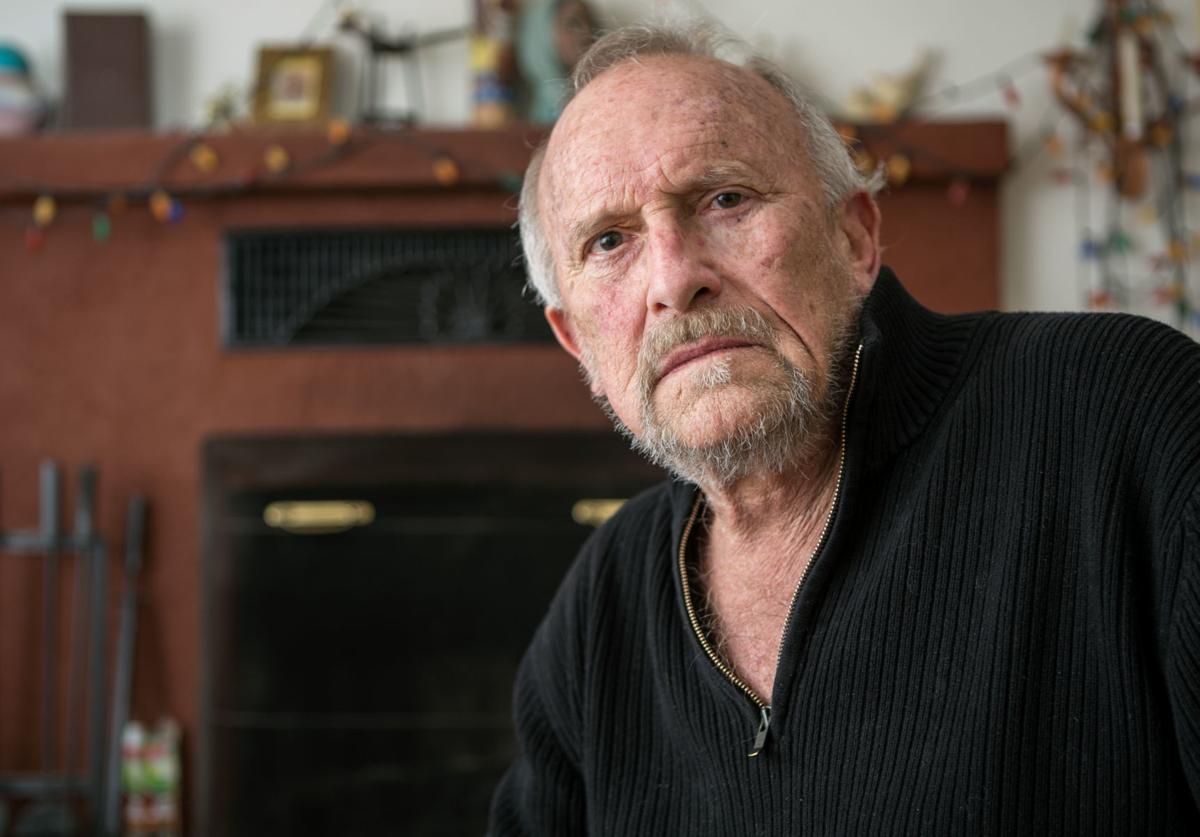Tucson’s self-described “Lincoln lawyer” is facing jail time unless he stops giving legal advice.
Greg Shannon Levitt, a 69-year-old law school dropout, recently was found in civil contempt for defying a string of previous court orders to cease the unauthorized practice of law.
He’d already been caught three times since 2005 and a judge recently confirmed three more cases that occurred between 2012 and 2017.
On Tuesday, Pima County Superior Court Judge Cynthia T. Kuhn ordered Levitt to spend 30 days in the Pima County jail unless he complies with her order by Oct 5.
To do so, he must cease further legal activity and dissolve the Arizona nonprofit, Fathers and Mothers in Legal Yearning Inc., through which he’s conducted business. Levitt has repeatedly failed to abide by those conditions in the past.
Levitt’s failure to honor previous court orders was “knowing and intentional,” Kuhn’s ruling said.
Levitt declined comment Thursday but said he may comment in the future. His critics accuse him of preying on low-income people in legal trouble, which he denies.
In an interview with the Arizona Daily Star earlier this year, Levitt said friends call him “The Lincoln Lawyer,” the title of a 2011 film in which actor Matthew McConaughey plays an attorney running a law practice out of his Lincoln Continental.
Levitt said he performed a public service by giving better advice than real attorneys — a contention disputed by local judges and lawyers who say his efforts gum up the works of the legal system.
Joel Feinman, Pima County’s chief public defender, told the Star some of Levitt’s actions would constitute professional malpractice were he a licensed attorney.
Feinman cited a 2017 case in which Levitt called police to report a client guilty of a crime without any preconditions in place to protect the client’s legal interests.
Tuesday’s ruling was made public Thursday by the State Bar of Arizona, which took Levitt to court to stop him.
Practicing law without a license used to be a misdemeanor but is no longer a crime in Arizona.
The old law sunsetted in 1984, when the Arizona Supreme Court gave the State Bar sole authority to handle such cases in the civil courts, taking them out of the criminal realm, according to a 1999 State Bar publication.





